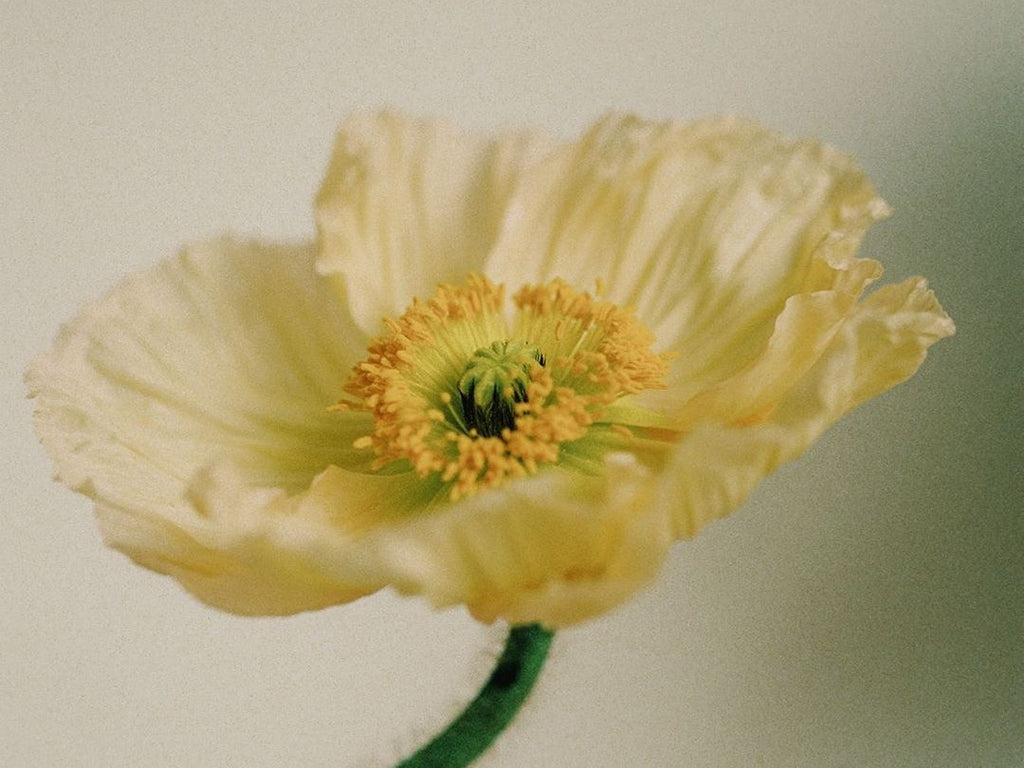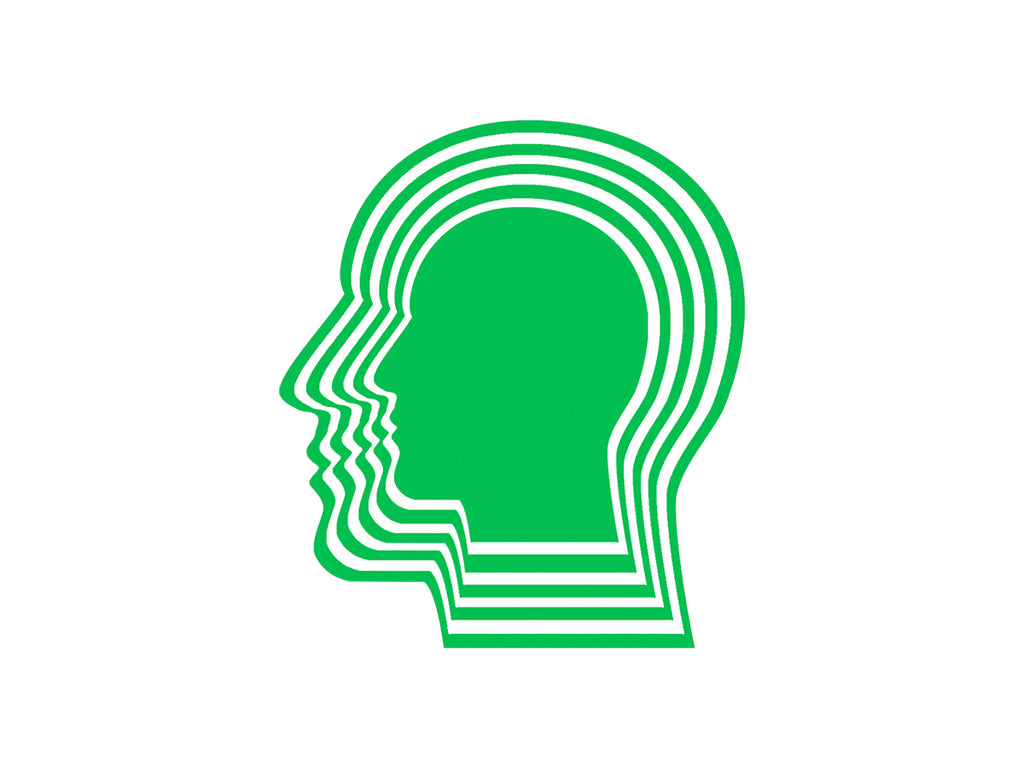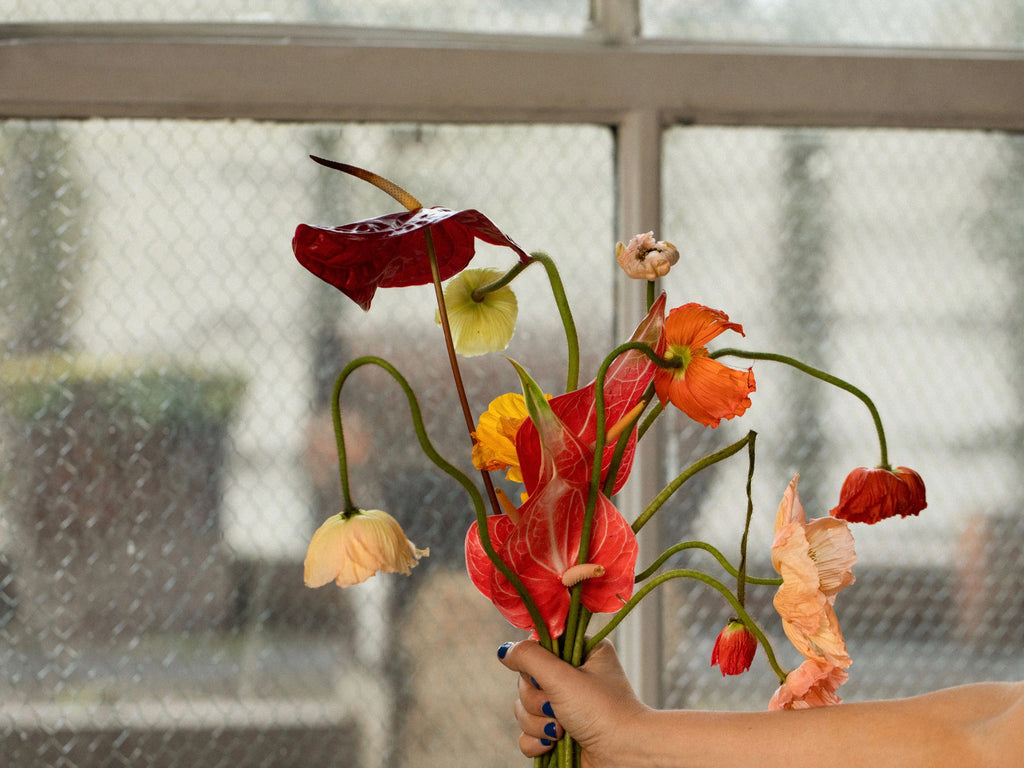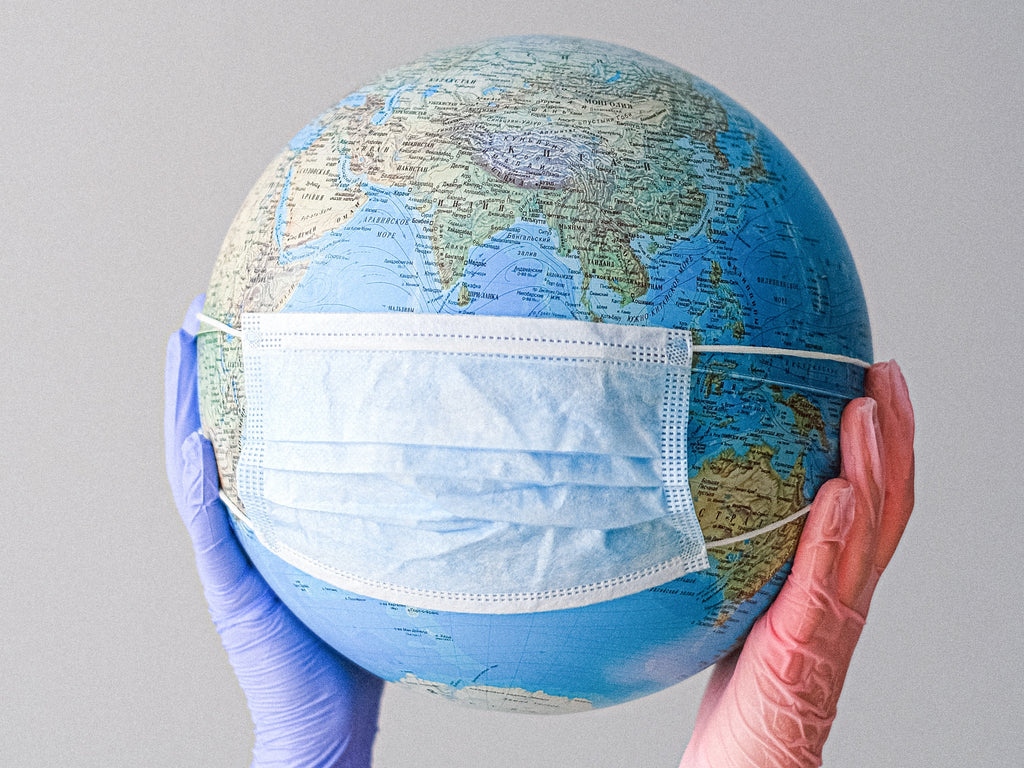My Breakup with Wellness (Or Whatever It’s Called Now)
The inability of “wellness” to work for me wasn’t a reflection of my own shortcomings.
I’m not big into fitness. I don’t seek out health foods or green shakes or juices that make grandiose promises. I have never visited Goop’s website, nor will I ever spend money on anything branded accordingly. I am tired and I am trying and I don’t have the energy to commit to anything outside of taking life day by day. I am fully aware that I am comfortably out of my control of my life and myself, and I have never felt so good or happy.
Which is saying a lot, considering that back in November I got in a car crash and still have a gorgeous nine or so months of physio left before I’m back in ship shape and Bristol fashion. So most of the time, I feel physically…not great. But emotionally? Mentally? I feel connected to myself in a way I haven’t been since before high school. I like myself. I feel close to my family. I’ve gotten comfortable with vulnerability and the awareness that I need people and can’t get through adulthood all by myself. I’ve accepted the fragility of life and the fact that no matter how much you plan and plot, something can come along and set fire to your carefully laid plans and remind you how not-in control you are. Hell, even after years (and years and years) spent micromanaging my weight, I’ve finally come to see my body as something far more interesting and miraculous; as something that carries my brain and my heart and my lungs and can repair itself. So wellness? It’s not for me, thank you.
"I’ve accepted the fragility of life and the fact that no matter how much you plan and plot, something can come along and set fire to your carefully laid plans and remind you how not-in control you are"
Or “wellness” as we’ve now come to know it: cleanses, diets, an industry built on everything from crystals to supplements to very particular types of light. I hate the guilt that’s associated with it (the “shoulds” and the rules and the side-eyes of not doing things “right”), the money being raked in from it, and the way it’s turned an important, wonderful thing (feeling well, being well) into nothing more than a trend or buzzword. Mostly because it’s unfair to anyone trying to feel better. Because at my worst and at my lowest, I clung to the wellness ideologies as a means of convincing myself that I didn’t need help, or someone to talk to, or medication to take. And the more they didn’t work, the more I felt like a spiraling failure. So by the time I finally ended up sitting on my mom’s bed, crying about knowing I needed to try anti-anxiety meds, I believed wellness was something I’d never actually achieve. Because if I couldn’t be well in the way it was being marketed to me, my problems were bigger – my life, too messy.
And that was obviously very false. I started taking an anti-anxiety medication along with my mood stabilizer and thanks to my therapist and a doctor who listened to me, I began to feel like an Actual Person™ in a matter of months.
"'Wellness' has turned an important, wonderful thing (feeling well, being well) into nothing more than a trend or buzzword"
But that said, I still felt like someone who’d somehow done getting better “wrong.” Candles hadn’t helped me, crystals didn’t help me, plants and teas didn’t help me (even though I love both very much and am still happy to include them in my day-to-day life). So I’d assumed that because “wellness” was being so universally practiced and accepted and celebrated, its inability to work on me was a reflection of my own shortcomings. I didn’t stop to think that our relationship to wellness is actually quite personal. And while one thing may work for one person, it might not have the same effect on someone else.
And that makes sense because we’re all so different, and it’s bananas to think that there’s one approach to wellness that works for every person. Healthy relationships to wellness reflect this, obviously. But the type that’s commodified? That’s associated with guilt? That condescends to those genuinely trying to feel better? That recommends hurting yourself for the sake of some long term gain (that’s not even guaranteed)? No, thank you. I believe in the power of being spiritual (should you want to be), of eating food that nourishes and sustains you, and in surrounding yourself with tools and symbols that make you feel powerful and strong. But I don’t believe that legitimate wellness is rooted in magical thinking; that by buying into the idea that doing one thing or buying the other will fix everything. Why? Because life is too big. Our experiences are too vast. Our histories are too storied, and our futures are filled with too much potential.
"I’d assumed that because “wellness” was being so universally practiced and accepted and celebrated, its inability to work on me was a reflection of my own shortcomings"
Or, as I said to my doctor quite recently, you could eat a salad every day for lunch and still crash your car on the freeway.
The thing is, I’m not about to tell you what to subscribe to or believe in because I’m simply a person on the internet with a single story and experience. But I will say that we are all guardians of our own well-being, and you know what you need more than anybody else does. In some cases, that might be meditation and crystals. In others, it may be SoulCycle or a glass of green juice daily. If you’re Gwyneth Paltrow, I guess it’s Goop. But for me, it’s what I can see. It’s taking my meds and seeing my therapist and accepting that the people who say they love me aren’t joking. It’s also the fact that I’m not in control of anything and that I will never be solved or fixed. Which, ironically, has never made me feel so together.
This post is tagged as:
You may also like...
The Latest
People & Places
How Ara Katz is Redefining “Self-Care” as Rooted in Science with Seed
The co-founder, mother, and self-proclaimed serial entrepreneur unpacks her philosophy on what it means to be well. Ara Katz hates the word “success”. Not because of its listed definition in a di...

Do Good Werk
9 Passive-Aggressive Email Phrases That Are Basically Evil
A Rosetta Stone for every time you want to :’).

Woo Woo
Get to Know Your Astrological Birth Chart
How to find meaning in the stars — and what it means for you.

People & Places
The 5 Best Places In New York To Meet Your Next Investor
Where to rub shoulders with the city's movers and shakers.

Do Good Werk
10 Unhealthy Thoughts You Convince Yourself Are True as a Freelancer
If you work alone, you might be particularly susceptible to distorted thoughts that hurt your mental health.

People & Places
Creating a Conference-Meets-Summer-Camp for Adult Creatives
An interview with Likeminds founders Rachael Yaeger and Zach Pollakoff This past September, I sat in front of an obituary I wrote for myself after a session with a death doula. No, I didn’t know w...

People & Places
When Something Golde Stays: An Interview with Golde’s Co-CEOs
“For us it was never a question,” says Issey Kobori, speaking of the decision to build a business with his partner Trinity Mouzon Wofford. At just shy of 27, Kobori and Wofford have secured a host ...

Better Yourself
Are They Toxic? Or Are They Human?
There’s a difference between putting up boundaries and putting up walls, and the latter is what breaks relationships.

Do Good Werk
How To Combat Seasonal Affective Disorder At Work
Here’s what to do if seasonal affective disorder starts to take a toll at the office.

People & Places
Reclaiming Womxn's Wellness Spaces from a White-Dominated World
How The Villij built a collective that their community can connect to.









